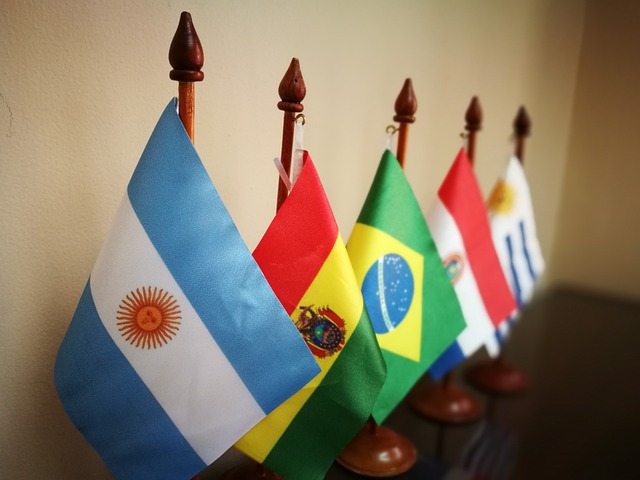As September progresses, the month in which the first tax information exchanges between Argentina and the United States are expected, initial data from the Asset Regularization Regime points to the domestic market, a phenomenon the local press has dubbed the “mattress whitening.”
“Up to now, the greatest impact on new accounts is primarily being seen in banks, which have already opened 23,000 accounts. Since this regularization is focused on small investors and strengthening reserves, it would be natural for a good portion of the nearly $14 billion in private sector dollar deposits that left after the 2019 PASO elections (internal primaries) to return to the financial system,” say sources from Adcap Grupo Financiero.
“There are many people and little money,” say accounting experts consulted by the newspaper La Nación. However, there is anticipation for the possible influx of up to $40 billion.
According to Infobae, “as adherence to capital regularization advanced, private sector dollar cash deposits increased to $19.643 billion as of September 3rd, a record high since October 25, 2019, when they totaled $19.867 billion.”
Adcap Grupo Financiero notes that, based on conservative estimates, Argentines have at least $100 billion within the country in 850,000 safety deposit boxes.
This figure rises if foreign accounts are included. According to the latest report from Indec on the “Balance of Payments, International Investment Position, and External Debt,” with data from the first quarter of 2024, it is estimated that Argentines held $238.233 billion in cash outside the Argentine financial system—excluding deposits in local banks. These savings may be deposited in sight accounts abroad—even declared and subject to local tax payments—or they could consist of cash in safety deposit boxes in Argentine banks, private safes, or, as is colloquially said, stashed “under the mattress,” beyond official oversight and fueling the free market.
According to official data, the regularization carried out during Mauricio Macri’s administration (2015-2019) brought a record $116.7 billion into the system.



